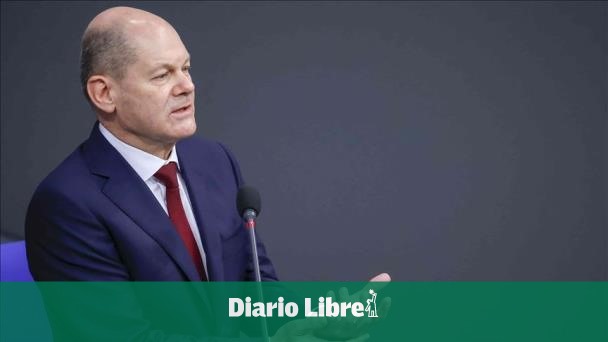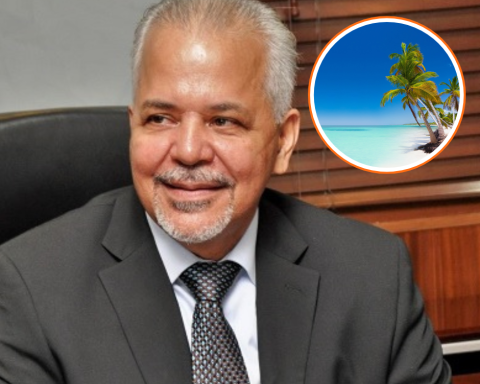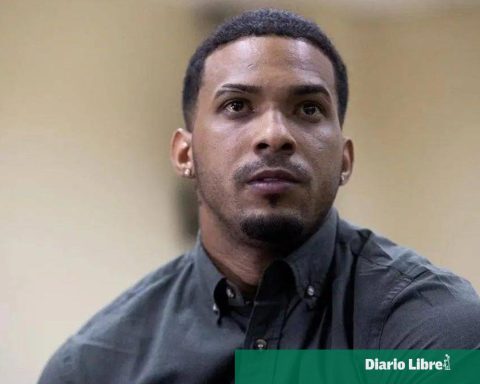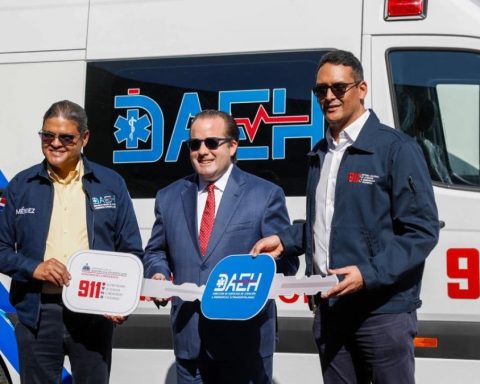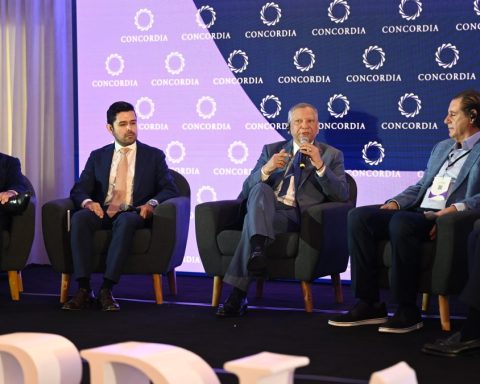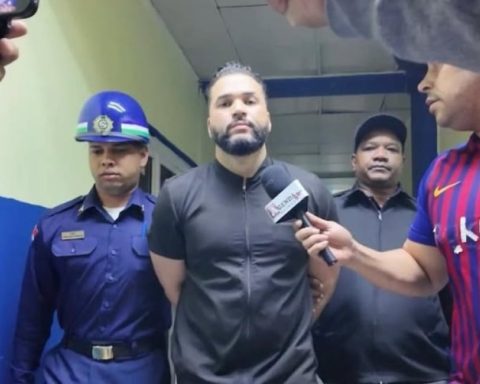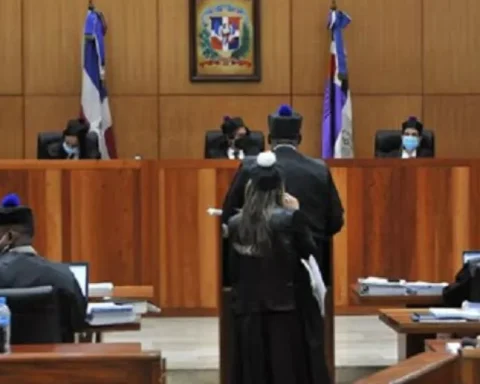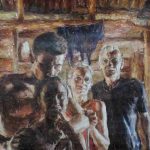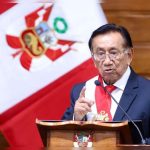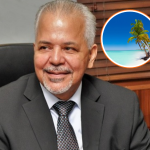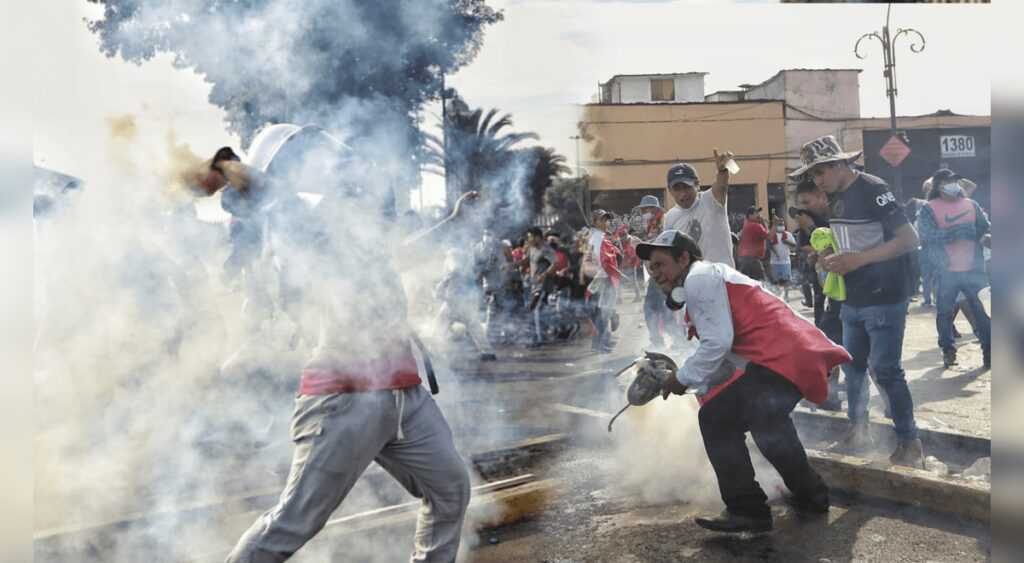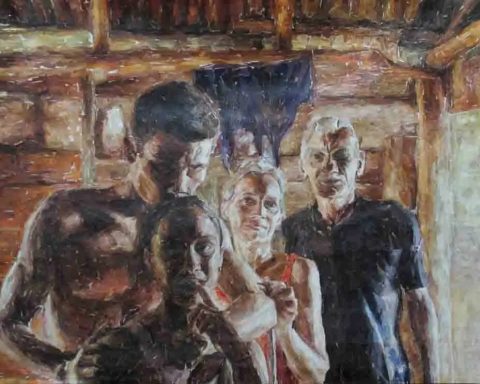The economic relations Bilateral agreements, initiatives to promote renewable energy and the diversification of energy sources, the fight against climate change and the war in Ukraine will be the main axes of the Latin American tour that German Chancellor Olaf Scholz begins this Saturday.
The boss of the german government will hold a meeting with the Argentine president on Saturday afternoon, at 7:00 p.m. local time, Alberto Fernandezin which it is the third occasion in which both meet, at the beginning of a tour that will also take the chancellor to Chile and Brazil.
Scholz will travel to Santiago on Sunday and Brasilia on Monday on a short tour that is the first he has done this year and for this reason official sources in Berlin highlighted the importance given by the Government to the relationships between Germany and those three Latin American countries.
In his visits to the three capitals, in addition, Scholz will influence the defense of the multilateralism and he will explain first-hand to those responsible for their respective governments how he sees the situation of the war in Ukraineadded the sources on condition of anonymity.
Travel to Latin America
Scholz travels to Latin America accompanied by representatives of about fifteen German companies, which gives a measure of the importance that since berlin It is granted to this first international trip of the chancellor in 2023, the sources highlighted.
After his arrival at Buenos Aires and the meeting with Fernández there will be a meeting of the German economic delegation with Argentine economic representatives; On Sunday Scholz plans a meeting with “representatives of civil society” and an act in the Park of Memory-Monument to the Victims of State Terrorism.
In the afternoon, Scholz will travel to Santiago, where he will attend the Museum of Memory and of Human Rights accompanied by the Chilean president, Gabriel Boric; Subsequently, meetings between the two heads of government and the economic delegations of both countries are scheduled.
On Monday the tour will continue in Brazil, in whose capital, Brasilia, there will be a meeting between Scholz and the president Luiz Inacio Lula da Silva and a meeting with the press; A meeting with representatives of Brazilian civil society is scheduled for Tuesday before the return of the German chancellor to Berlin.
The official sources in the german capital They explained before the trip that the tour is aimed at “widening” political and economic relations between:
- Germany, for one.
- Argentina, Chile and Brazil
In these three countries you see berlin as a “partner with whom you work intensely and you can continue working on the future“.
Scholz and the German delegation will address the situation of the war in Ukrainean issue that, the sources said, “pervades everything” in current international relations, although they admitted that geographical distance may prevent the understanding of all the nuances of the conflict from the Latin American region.
“We want to explain our experiences,” added the sources, who alluded in this case to the direct contacts that Scholz had in recent months with the Russian president, Vladimir Putin, and also positively assessed the eventual participation of the Brazilian leader in the efforts to end the war caused by the Russian invasion.
The business relationships They will also be part of the talks of the German delegation on their Latin American tour, especially the situation of the agreement between the European Union and Mercosur (Brazil, Argentina, Paraguay and Uruguay), which is pending ratification.
The European demands in relation to environmental issues they impede progress and German sources admitted that these are “issues that are not irrelevant”. However, they bet that “pragmatic solutions” can be achieved and considered that these “are possible”.
Finally, during the tour of the German chancellor, the question of the Chinese investments in Latin America and the challenge it poses to those of the EU in that region.
“We have to be better. most activemore present and not complain”, summarized the sources.
